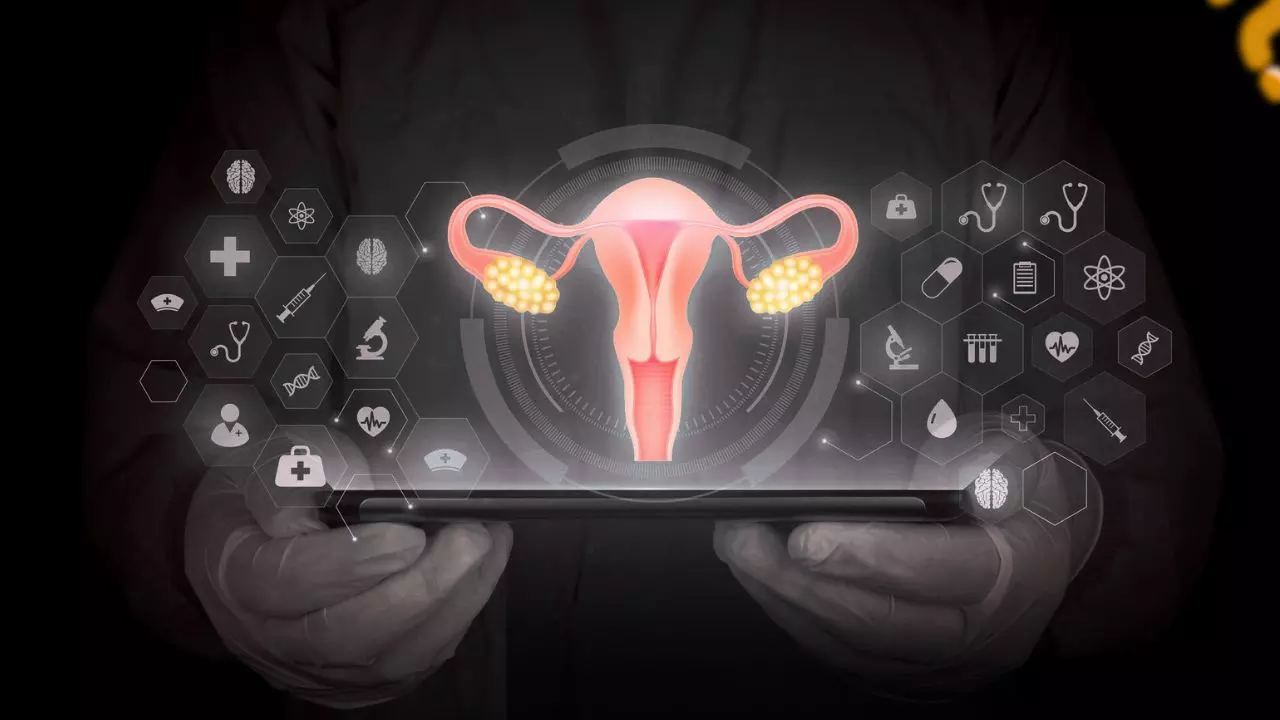
PCOS on the rise: Unravelling the challenges women of all age groups are facing
PCOS affects millions globally and, especially among working women, managing symptoms like irregular cycles, weight gain, and mood becomes a daily struggle

PCOS (polycystic ovary syndrome) is emerging as a major public health crisis, especially for working women juggling family, career, lifestyle pressures, and limited time. Experts say there’s no one-size-fits-all cure, making life particularly complex for those affected.
Globally, about 6–15 per cent of women of reproductive age are estimated to have PCOS. Disturbingly, 70 per cent of cases remain undiagnosed. In India, prevalence ranges from 3.7 to 22.5 per cent, with higher incidence in urban populations due to stress, sedentary lifestyles, and diet.
PCOS is linked to insulin resistance, hormonal imbalance, and metabolic risks, including diabetes, hypertension, and cardiovascular disease. But women don’t just face physical symptoms; they also endure mental health impacts like anxiety and low self-esteem.
Also read: Keto diet may improve reproductive hormone levels in women with PCOS: Research
Managing symptoms
Symptoms vary widely; irregular periods, spotting, or prolonged bleeding are common. Treatment must be personalized. In adolescent girls, education and regular cycles are the first priorities. In reproductive age, ovulation induction, diet, lifestyle shifts, and medications play a role. As women approach perimenopause, focus shifts to weight, metabolic health, and ruling out risks like endometrial cancer.
Medications like hormonal contraceptives, anti-androgens, metformin, and insulin sensitizers are used but they work differently for each person. Many also explore diet tweaks, herbal remedies, and lifestyle hacks, but none are universally effective.
Lifestyle and myths
With hectic schedules, women often skip meals or lack consistent exercise. But small changes, like never skipping breakfast, balancing carbs, proteins, fibres, and adding walks or cycling to their schedule, can support symptom management. Even modest weight loss of 2 kg per month can improve ovulation and hormonal balance.
There are myths galore around PCOS, from claims that certain waters or herbs can “cure” it to social media advice promising a universal remedy. Experts warn that PCOS is a complex syndrome requiring biochemical evaluation, hormonal testing, and tailored treatment.
Also read: Climate change could be impacting when girls in India get their first period: Study
Work life impact
For working women, PCOS can disrupt productivity, with cramps, irregular cycles, mental fatigue, acne or excess hair growth, and weight fluctuations. These symptoms can erode confidence, especially in appearance-conscious workplaces.
Still, doctors believe there is hope. With customized care, realistic diet and lifestyle changes, and medical guidance, women can manage symptoms and regain control.
If you experience symptoms like irregular periods, weight gain, or mood shifts, consult a qualified healthcare provider to create a tailored plan.
(The content above has been transcribed from video using a fine-tuned AI model. To ensure accuracy, quality, and editorial integrity, we employ a Human-In-The-Loop (HITL) process. While AI assists in creating the initial draft, our experienced editorial team carefully reviews, edits, and refines the content before publication. At The Federal, we combine the efficiency of AI with the expertise of human editors to deliver reliable and insightful journalism.)

